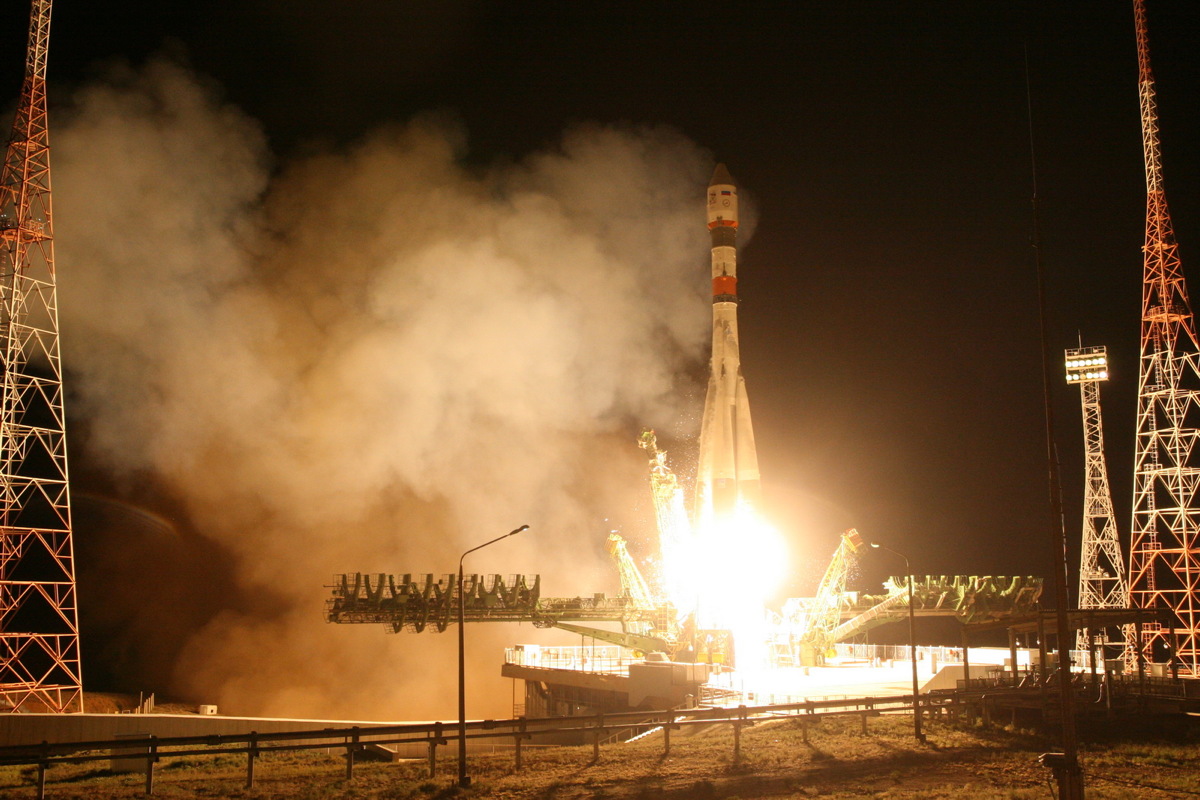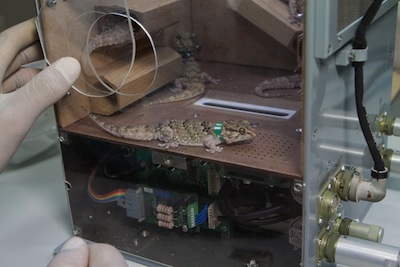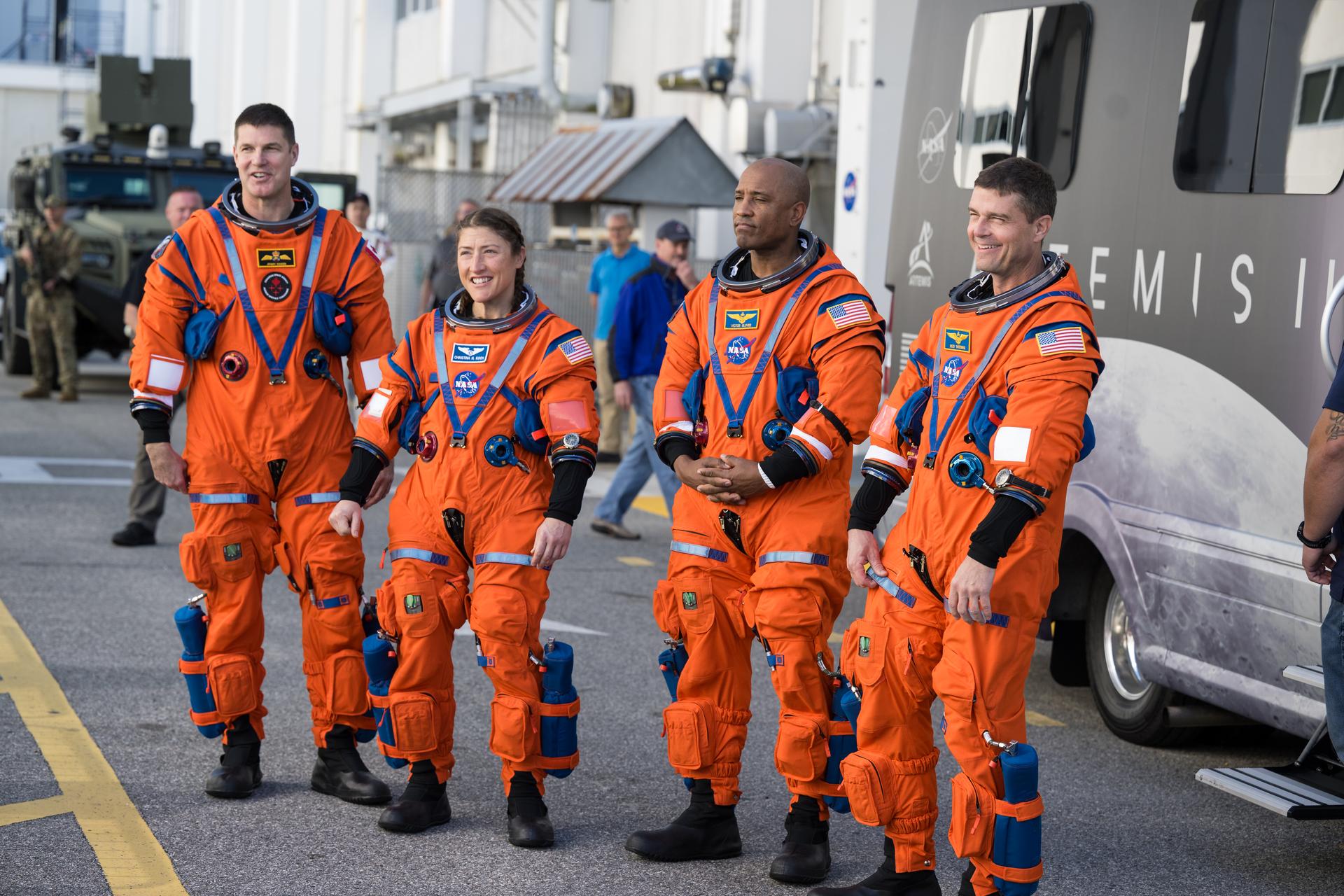Russia Launches Live Animals on Two-Month Space Mission

A high-flying package of live animals, plant seeds, and materials samples shot into space Friday (July 18) aboard a retrievable Russian Foton satellite, launching a two-month mission focusing on microgravity research into biological and physical sciences.
The workhorse launcher fired its kerosene-fueled engines and lifted off from the Baikonur Cosmodrome in Kazakhstan at 2050 GMT (4:50 p.m. EDT), rocketing into a clear sky over the historic spaceport.
Launch occurred at 2:50 a.m. local time at Baikonur.
The three-stage Soyuz 2-1a rocket, a modernized version of the venerable launch vehicle, put the Foton M4 space capsule in orbit less than 10 minutes later. [See photos and a video of the launch]
The Russian Federal Space Agency, or Roscosmos, declared the launch a success on its website.
The more than 15,000-pound Foton M4 space capsule launched by the Soyuz rocket is due to spend up to 60 days in orbit, hosting 22 experiments supplied by Russian and German institutions probing questions in biological and materials sciences.
When the mission is complete, the spacecraft will break apart and its spherical landing capsule — fitted with a heat shield — will return to Earth with a parachute-assisted landing in Russia.
Breaking space news, the latest updates on rocket launches, skywatching events and more!
The re-entry capsule's design is based on the Vostok spacecraft that carried Yuri Gagarin into orbit in 1961 on the first human spaceflight.
It carries experiments to study the effects of the harsh environment of space on organisms, manufacturing materials, plus other investigations.
According to information posted on the Roscosmos website, the Foton M4 spacecraft carries nearly 1,900 pounds of research hardware inside and outside the capsule.
A joint Russian-German experiment will study the growth of semiconductor crystals in microgravity, an investigation scientists hope will lead to advancements in solar cells, light emitting diodes, transistors and other applications in the electronics industry.
"The goal is to produce crystals with the highest possible quality," said a statement by DLR, the German space agency.
Three types of materials will be heated up inside a Russian-made furnace housed inside the Foton M4 spacecraft. Once melted, the samples will crystallize as scientists study the influence of magnetic fields and vibrations on their growth.
The materials samples will be divided among Russian and German scientists at the end of the mission.
Geckos and plant seeds are also flying inside the pressurized Foton M4 space capsule.
Researchers will monitor the effects of microgravity on the adult geckos, including their sexual behavior and embryonic development, according to Roscosmos. Scientists will have a continuous video recording of the gecko habitat aboard the spacecraft.
Dried seeds and silkworm eggs inside the Foton space capsule will be studied to determine their response to cosmic radiation, and the satellite carries several experiments for research into microbes.
The mission marks the 16th flight of a recoverable Foton spacecraft since 1985.
The Foton M4 mission carries several upgrades to extend the duration of its flight, including solar panels to generate electricity and a new propulsion module to adjust its altitude.
Roscosmos says landing in southern Russia is scheduled for September.
Follow Stephen Clark on Twitter @StephenClark1. Copyright 2014 Spaceflightnow.com, all rights reserved.
Stephen Clark is the Editor of Spaceflight Now, a web-based publication dedicated to covering rocket launches, human spaceflight and exploration. He joined the Spaceflight Now team in 2009 and previously wrote as a senior reporter with the Daily Texan. You can follow Stephen's latest project at SpaceflightNow.com and on Twitter.



